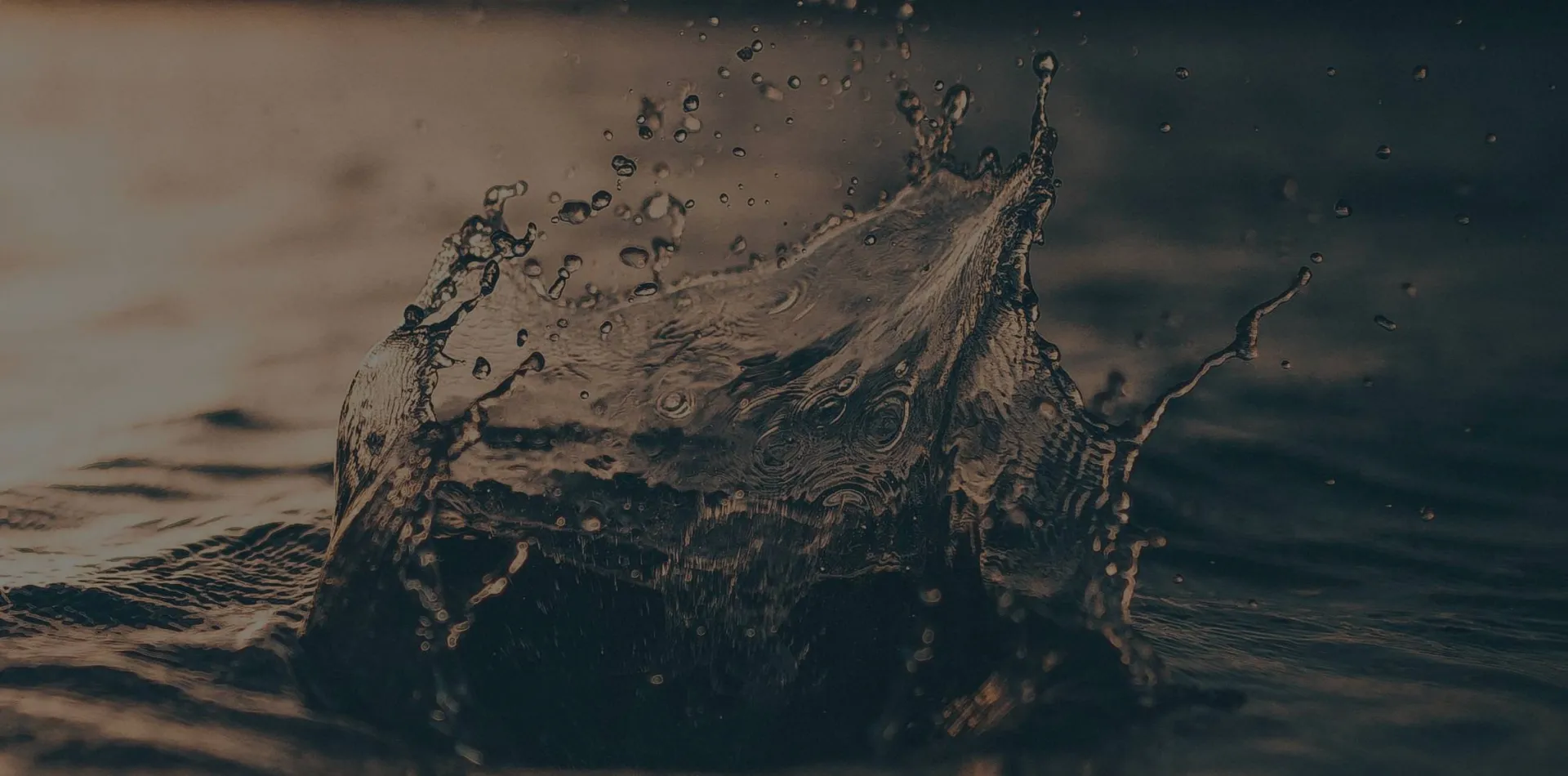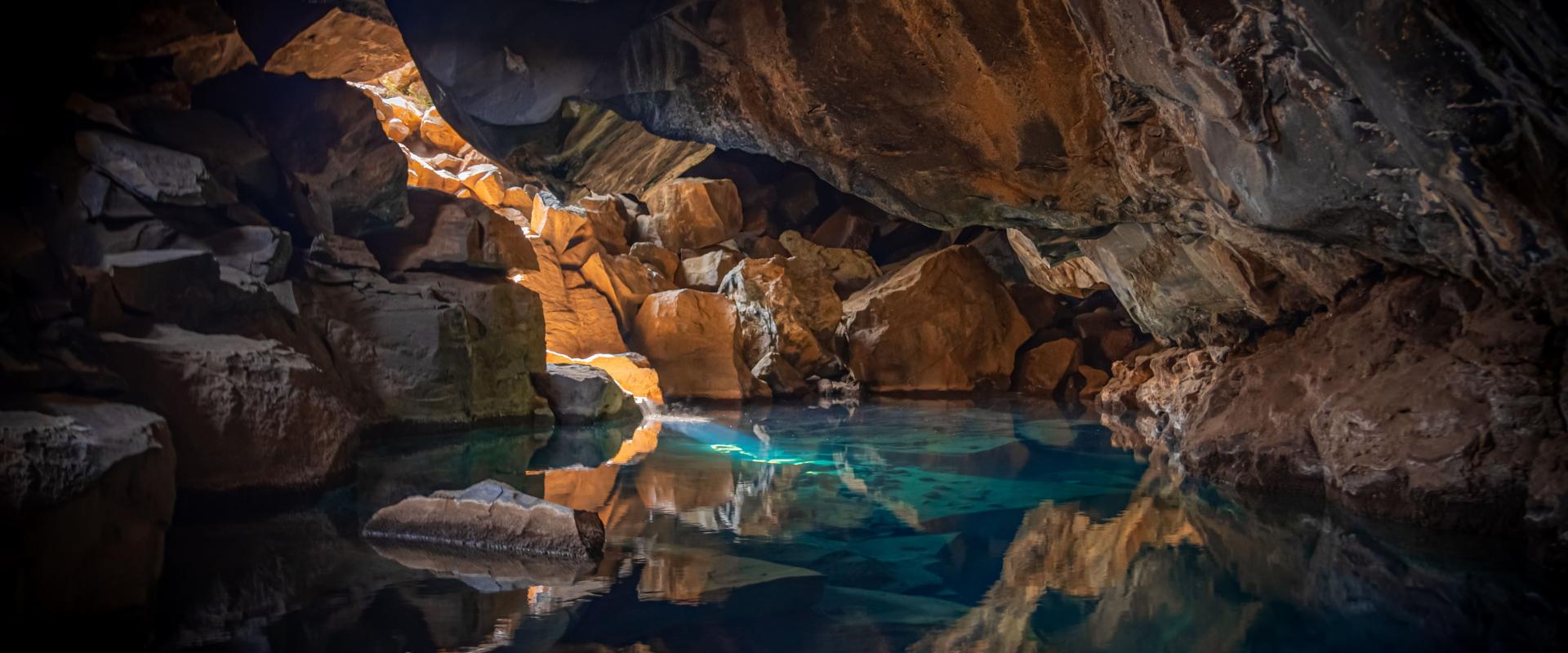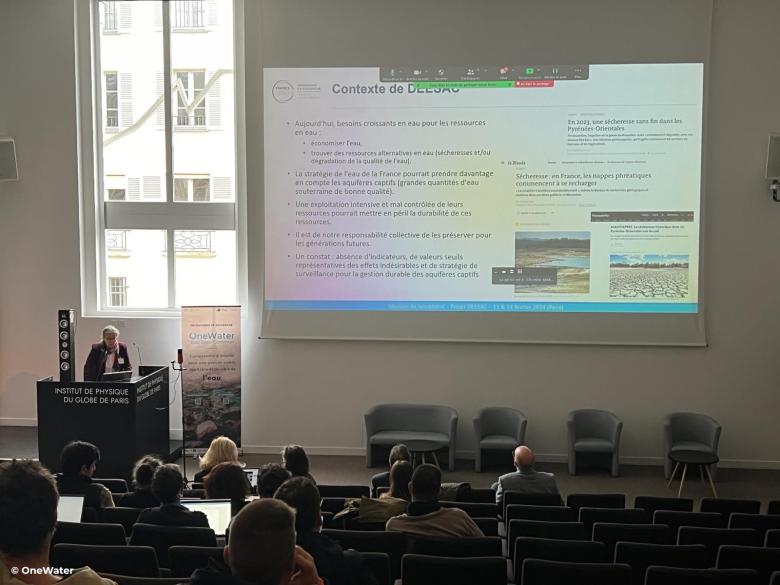On 13 and 14 February, Christelle Marlin, Julie Lions and the project team launched the research work of the DEESAC project, dedicated to the study of confined or under-cover aquifers. This 4-year research project (2023-2027) will mainly contribute to Challenge 3 - Water as a sentinel for environmental and human health along the land-sea continuum.
Still largely free from anthropic pressures and the impact of extreme weather impacts, confined groundwater aquifers can contain significant quantities of water, generally of good quality with regards to drinking standards. However, they remain little studied, as they remain little studied, as they are less exploited than surface water. The DEESAC project aims to define a methodological guide for the sustainable exploitation of confined and underwater aquifers (CAq), and recommendations for the sustainable management of these aquifers. The project will be based on 4 pilot aquifers under three different hydrogeological and climatic contexts: Beauce limestone near Orleans in the Paris Basin, Eocene-Oligocene and Miocene in the south of Bordeaux in the Aquitaine Basin, and sandstoned limestone of the Burdigalian near Nîmes in South-East Basin.
Christelle Marlin, professor of hydrogeology and geochemistry at Université Paris Saclay, is coordinating the project.


